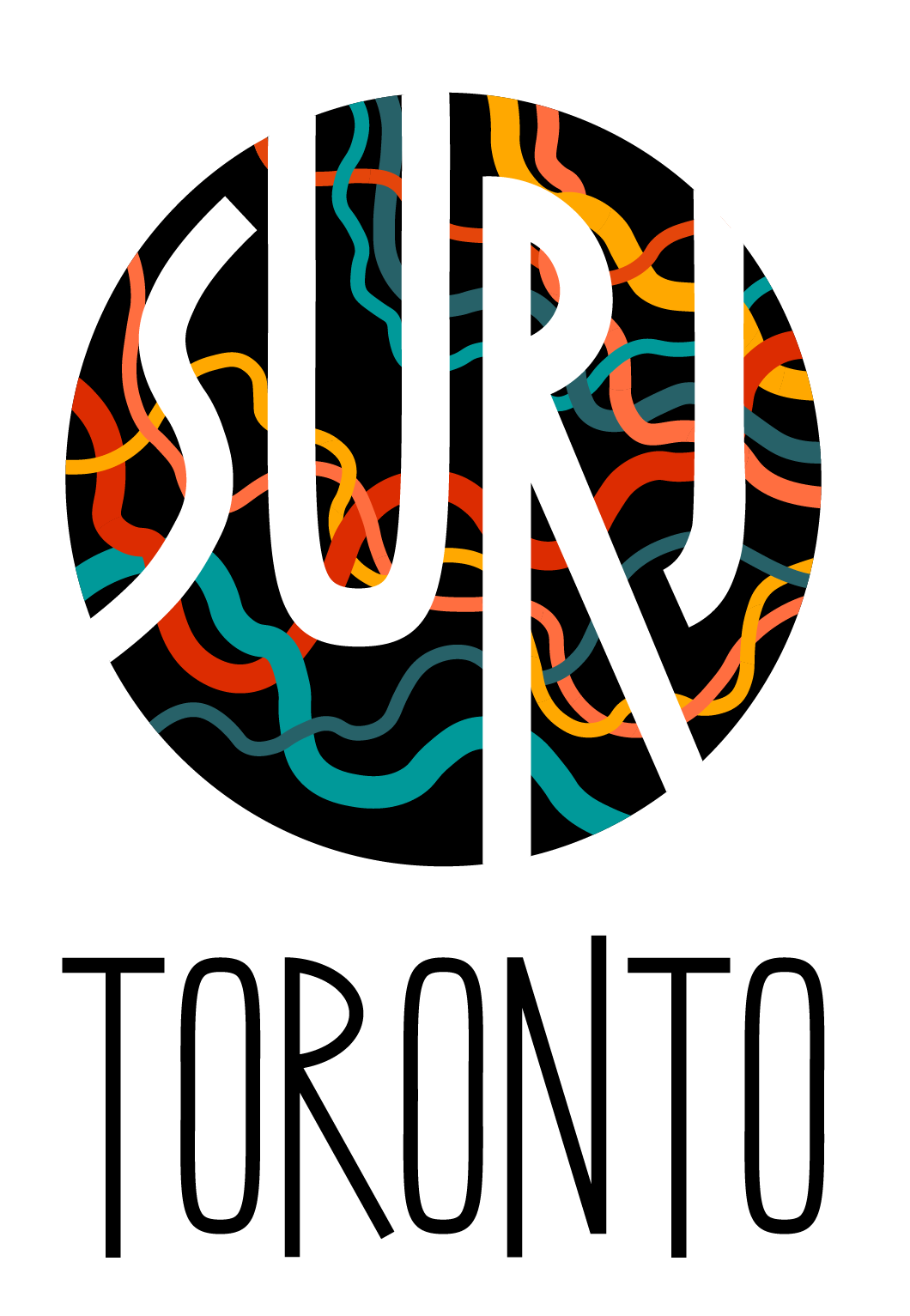What Do You Mean, DEFUND the Police?
Compassionate Tools for Addressing Questions and Concerns Around the Call for Police Defunding and Abolition
A resource created by SURJ Toronto. For feedback, additional resources, or questions contact us.
About this Resource
This resource is designed as a tool to support self-reflection, and engagement with anyone who has questions about or resistance to the ideas of defunding, disarming, and dismantling the police.
Click through the resource below, make the presentation full-screen to navigate.
Compassion as Strategy
As calls to defund and abolish police forces grow louder around the world, there has also been a need to educate those in the mainstream who are resistant to abolition, and help this idea to take stronger hold in society. Compassion is a strategy that can be used to engage others in a way that can support them to consider vital new perspectives.
Meeting another’s defensiveness and fragility with curiosity and patience can be difficult emotional labour. This labour disproportionately tends to land on Black, Indigenous, and other racialized people. For generations, these communities have been made to negotiate, rationalize, suppress, or sanitize messages when speaking to people in power about their own lived realities. Oftentimes, this labour is not a choice, and comes with great risk. Taking on a part of this labour is one way – among many ways – to work toward racial justice.
Approaching these conversations using compassion as a strategy is not to deny the severity of police violence or to minimize the emergency currently faced by over-policed Black and Indigenous communities. Rather, this resource is intended to be in service of the movement by educating those who may be new to these topics. This is only one tactic among many, and is aimed at building a movement that is deeper and wider.
Building new models of community safety will require many to break their attachments with long-held traditions and values. This kind of emotional divestment can be a very painful process, and the dominant culture doesn't equip us well for this kind of vulnerable reckoning: white supremacy devalues the emotional intelligence and resilience needed to challenge the status quo. Seen this way, showing up to difficult conversations with patience and care becomes a vital facet of resistance, and a way we can model our values.
Ultimately, a sustainable movement for racial justice taps into “mutual interest”; it recognizes that all our freedoms and liberation are intertwined. It finds the common ground that is shared across different groups – for example, that we all want to be safe in our communities. Finding these points of connection is vital when we speak to people in our lives who are tentative about, or even hostile to, police abolition.
Scope
This resource is a starting point, an introduction to a long-standing discussion that has been taking place within Black, Indigenous, and other racialized communities about the constant threat of state violence perpetrated by police forces across Canada and around the globe.
We want to emphasize that these conversations are not about a theoretical or hypothetical issue; this crisis of police brutality and violence is urgent and real. Black and Indigenous people are dying now. Immediate concrete action is needed in Canada to address the ongoing brutalization of Black and Indigenous communities by police forces. Conversation is necessary in this pursuit, but not sufficient; it is one strategy among many, and we urge users of this resource to consult the “Taking Action” page to learn how to supplement the slow work of conversation with more immediately actionable items.
Finally, this compilation of resources is not exhaustive; it is living, and is open to feedback and further contributions. We welcome feedback, particularly from Black, Indigenous, and other racialized people who are most impacted by police violence and have given the world the vision of abolition.
